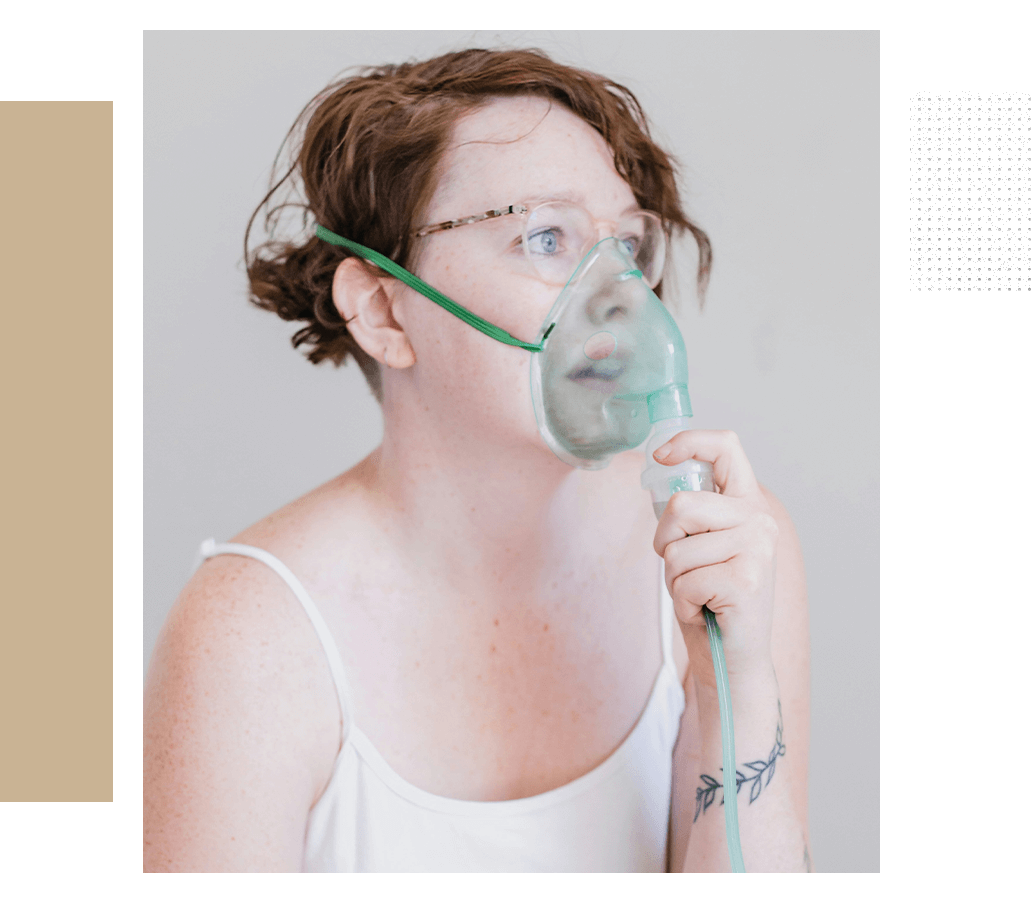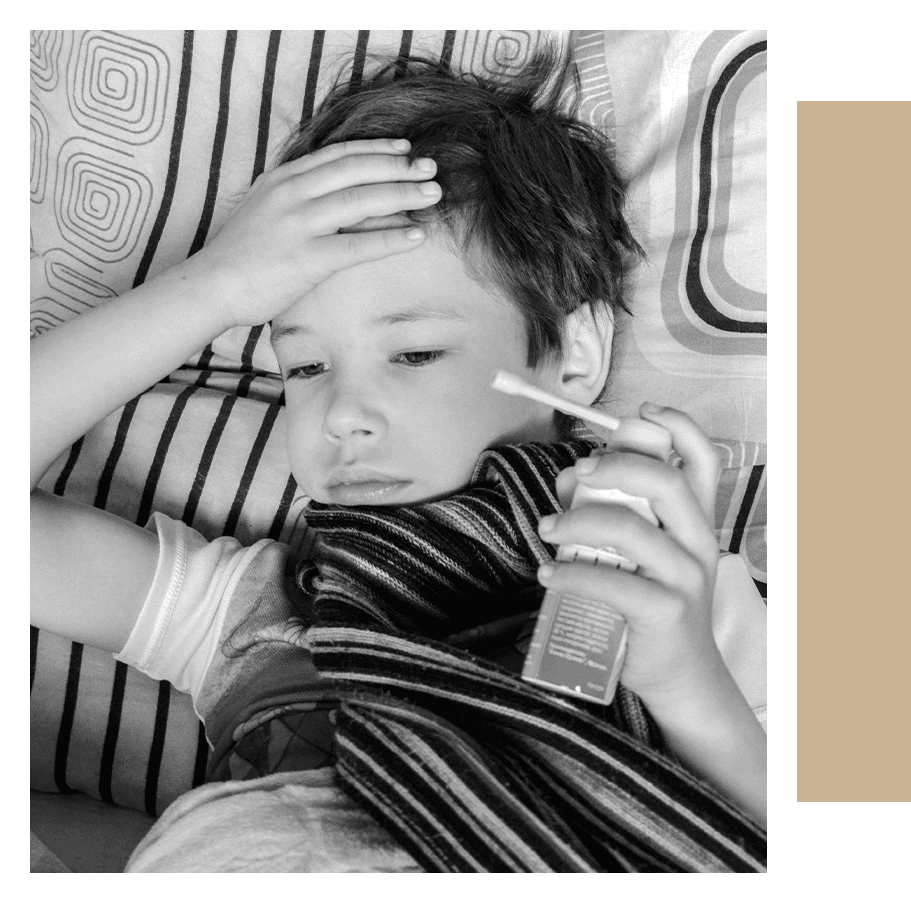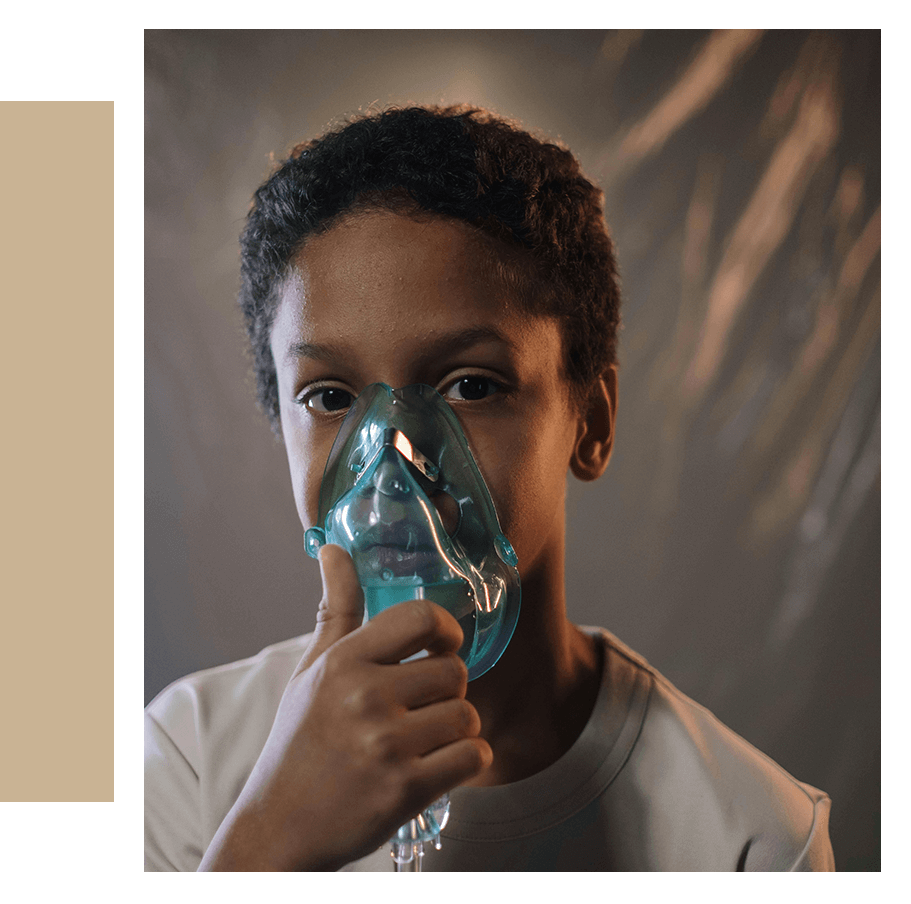About Asthma

Exploring the Complexities of Asthma and Treatment
Asthma is a condition where the bronchial tubes become inflamed in response to triggers such as smoke or food allergies. This inflammation causes the lungs to produce sticky mucus, obstructing the airways and leading to difficulties in breathing. Additionally, the bronchial tubes may spasm, resulting in coughing and further breathing challenges.
Symptoms of Asthma
Recognizing the early symptoms of asthma is crucial for prompt diagnosis and management. Symptoms can vary in severity and may not always disrupt daily activities, making diagnosis challenging. Common signs include:


Asthma Treatments
Anti-inflammatories and steroids are common treatments for asthma, with the delivery method depending on the type, severity, and frequency of asthma symptoms. Inhalers are a common choice, with options ranging from combination inhalers to those containing only a steroid. Some inhalers also help dilate the airways for easier breathing.
Home Nebulizers
Home nebulizers are beneficial for individuals who struggle with traditional inhalers. They use the same medications but are easier to use, making them ideal for children, infants, and older adults with asthma. While nebulizers take longer to administer compared to inhalers, they are equally effective.
Oral Steroids
Following a severe asthma attack, doctors may prescribe a short course of oral steroids (corticosteroids in pill form) to reduce inflammation and aid recovery. These medications are highly effective in preventing future attacks. If you need further assistance managing your asthma, please don't hesitate to contact us.
